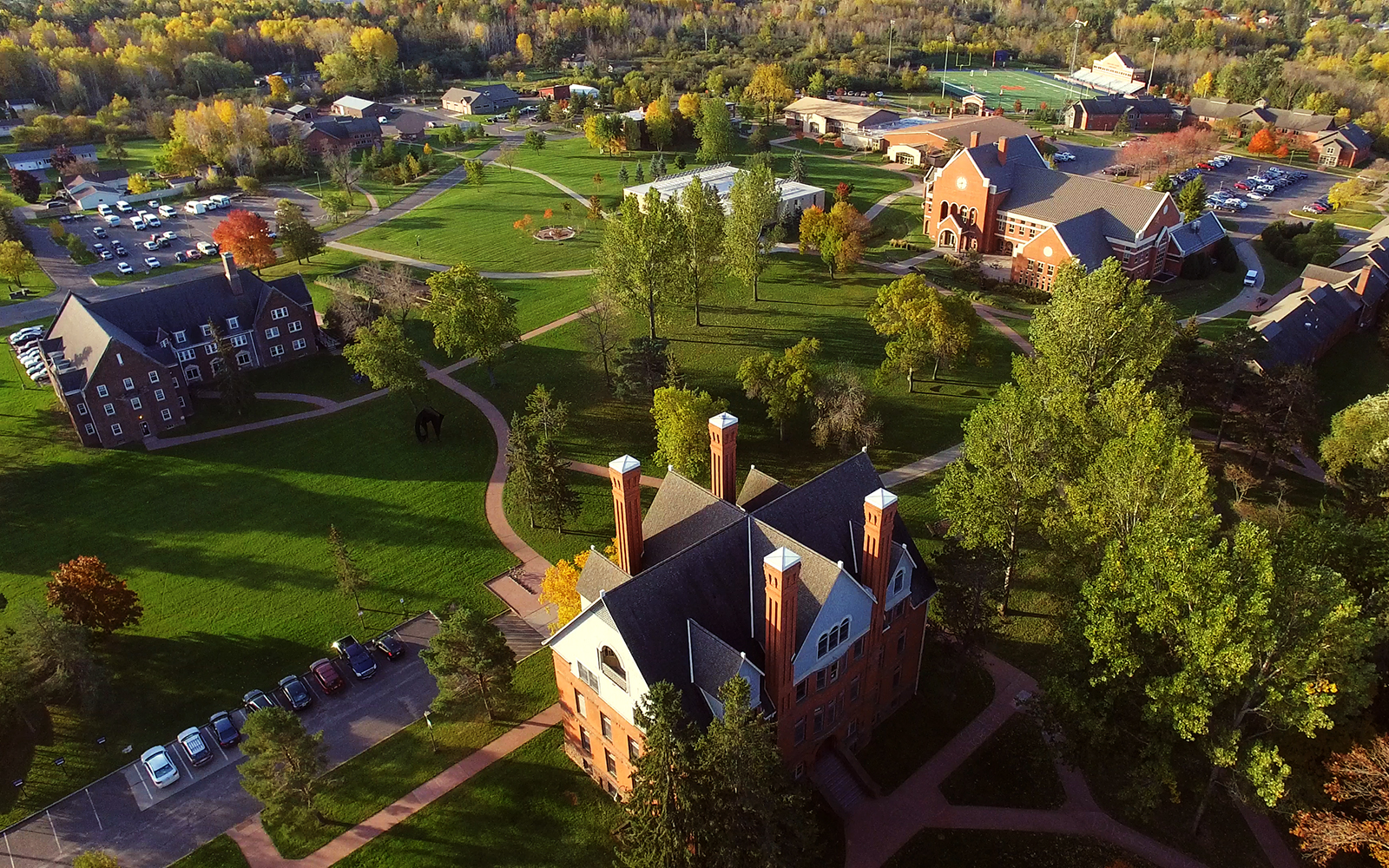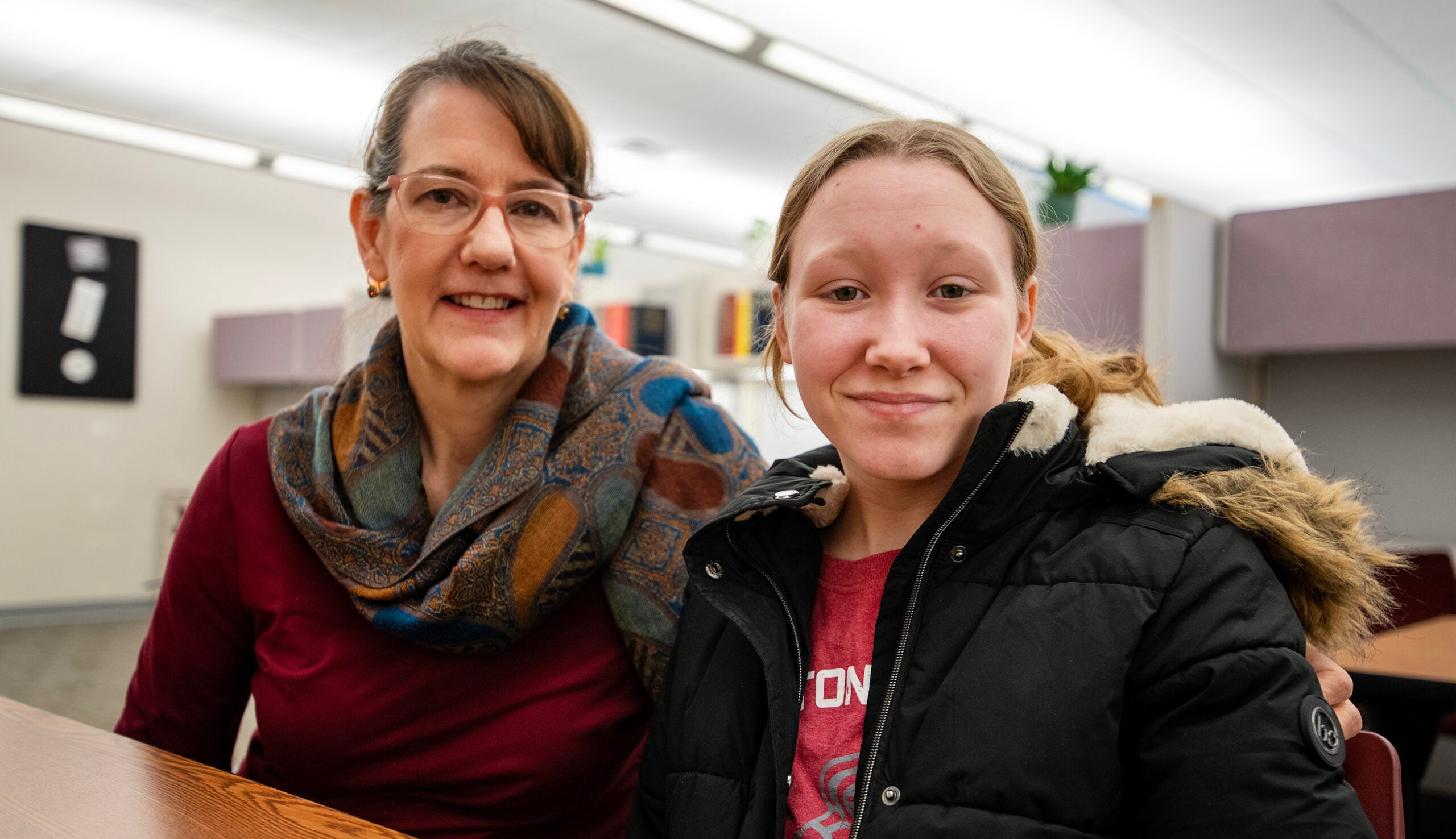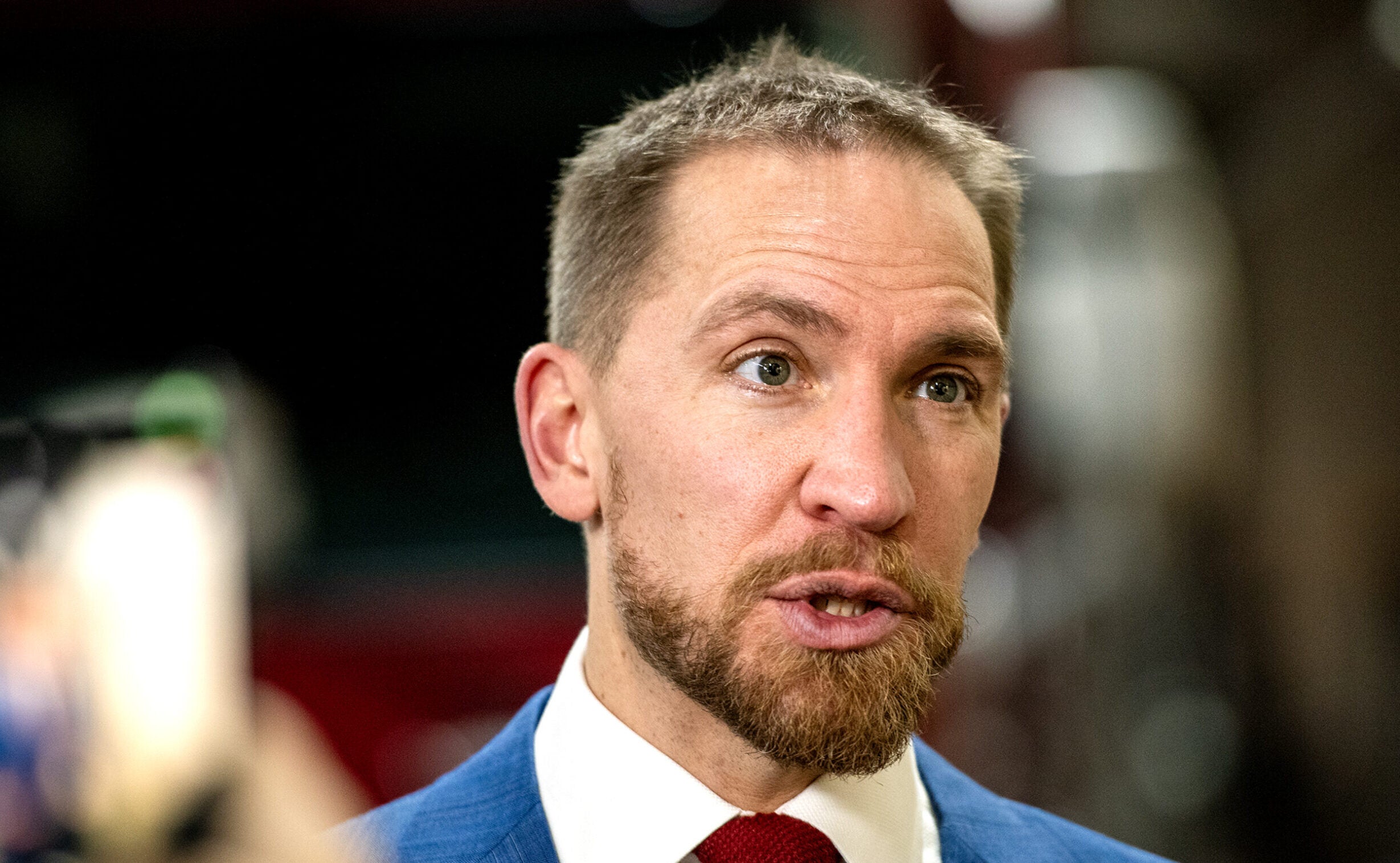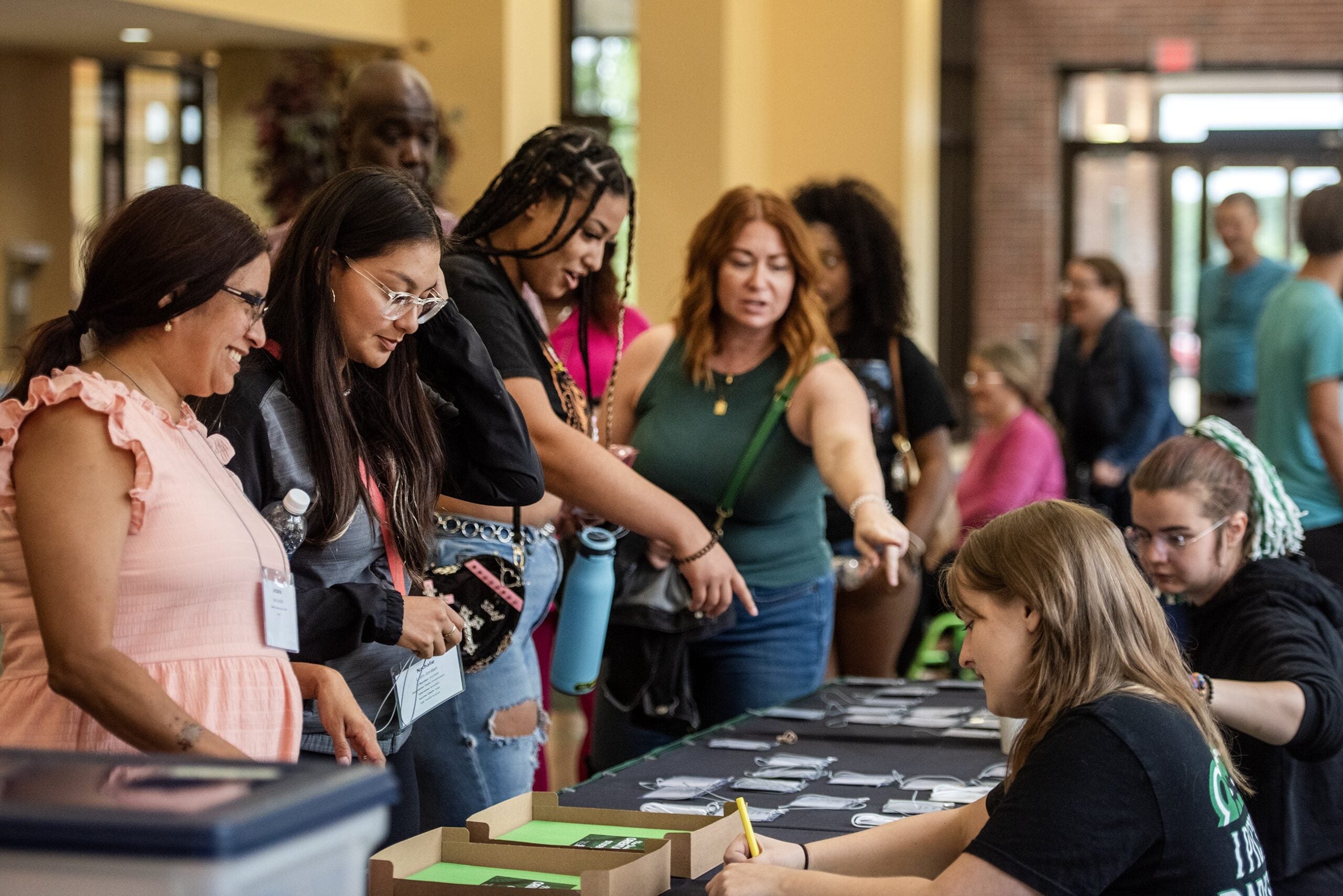Paying for college can be a huge hurdle to overcome for many students and their families. Our guest financial expert offers money-saving tips and explains how it is possible to graduate debt free. We’ll also take a look at a new report that says the number of black people arrested in Wisconsin dwarfs those in Ferguson, Missouri. Plus, we’ll ask you what traditional foods define your Thanksgiving meal.
Featured in this Show
-
Reporter Looks At Racial Disparities In Wisconsin Arrest Rates
A new report says the racial disparities in Wisconsin’s arrest rates far exceed those in Ferguson, Missouri — a focal point for the nation in terms of race and law enforcement.
According to the numbers, dozens of Wisconsin’s largest police departments lock up more black people than people of other races. What’s especially alarming to some observers is that these arrest rates exceed the much-publicized three-to-one disparity in Ferguson.
Ariel Cheung, a reporter at the Appleton Post-Crescent, investigated arrest rates and other crime data from across the state and recently published her findings for Gannett media outlets. The project was in conjunction with a USA Today national report.
The analysis focused on police departments with at least 200 arrests over a two-year span between 2011 and 2012, and with agencies in communities that have at least 500 African-Americans. It also depended on which departments reported arresting data to the FBI.
“Both in Wisconsin and on a national level, while we had a lot of chatter about Ferguson’s three-to-one arrest disparity of black people, the main takeaway was that it’s not uncommon and that’s not even the largest disparity we saw,” said Cheung.
According to Cheung’s research, Wauwatosa has the state’s largest racial disparity in arrest rates. She said that a black person in Wauwatosa was about 30 times more likely to be arrested.
Overall, Wisconsin was about on par with national figures. Of the roughly 3,000 police departments that the report looked at, Cheung said Wisconsin was about right in the middle, with half the nation reporting higher disparities.
Cheung reported that law enforcement leaders said the disparities do not necessarily indicate departmental bias, and that the data is clouded by a complex mix of socioeconomic factors.
Perhaps the largest disparities were exhibited in nonviolent drug arrests. In Appleton, Cheung said African-Americans were 20 times more likely to face arrest for drug offenses. Those findings align with other investigative reports.
Nationally, black people are nearly four times more likely to be charged with marijuana possession than white people, though their rates of marijuana use are similar, according to a 2013 American Civil Liberties Union report, “The War on Marijuana in Black and White.”
Edgar Mendez, of the Milwaukee Neighborhood News Service, recently reported that in Wisconsin, “blacks are six times as likely to be charged with possession than whites, the fourth-highest disparity in the nation, behind neighboring states Iowa, Minnesota and Illinois.”
-
Black Arrests In WI Outnumber Ferguson
A new report says the racial disparities in Wisconsin’s arrest rates far exceed those in Ferguson, Missouri, a focal point for the nation as it relates to race and law enforcement. We find out just how stark the disparities are and what factors some say are to blame.
-
#GrapeGate: What's The Holiday Food For Our State?
A good-natured Thanksgiving food controversy erupted last week as The New York Times deemed some unlikely foods the definitive state Thanksgiving traditions. Wild rice in Wisconsin, sure… but warm grape salad in Minnesota? We get your take on the traditions that define our holiday tables.
-
Want To Graduate College Debt Free? It's Possible, Says Financial Expert
Paying for college can be a huge hurdle to overcome for many students and their families. But according to a financial expert, there are plenty of money-saving tips and tricks, and when done properly, it’s possible to actually graduate debt free.
Episode Credits
- Rob Ferrett Host
- Veronica Rueckert Host
- Ariel Cheung Guest
- Chris Malina Guest
- Lynnette Khalfani-Cox Guest
- Cynthia Schuster Producer
- Chris Malina Producer
Wisconsin Public Radio, © Copyright 2025, Board of Regents of the University of Wisconsin System and Wisconsin Educational Communications Board.




